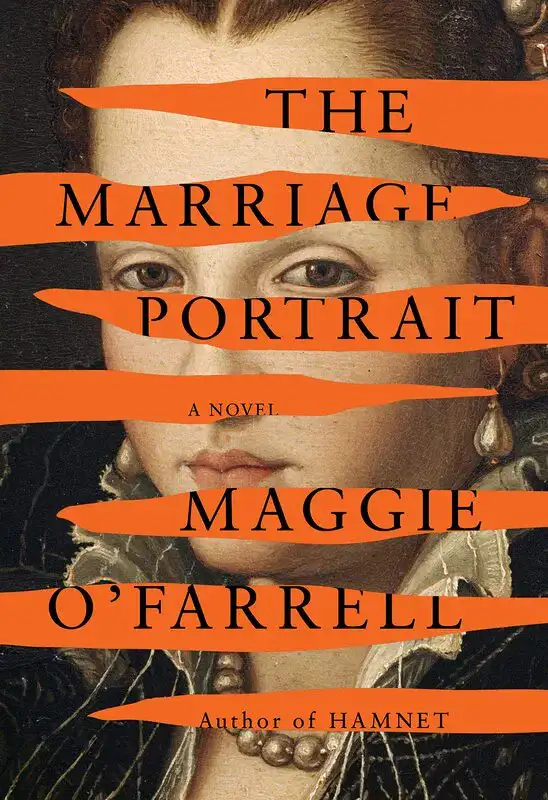This post may contain affiliate links. Read more here.
Book club questions for Shrines of Gaiety by Kate Atkinson explore the power of illusion, romance, and seduction, and how being on the top of the world can lead to corruption, and betrayal.
Rated as a Time & Kirkus best book of 2022, Shrines of Gaiety is New York Times bestseller released in September 2022. It is truly a wonderful intricate piece of narrative which will take you back at the Jazz Age of London. Filled with intrigue, and the rich tapestry of 1920s London glitters, this book is a bit more than just a historical fiction, and for all of these reasons and more, one of my favorite books of the years.
I hope you will enjoy reading and discussing these carefully crated book club questions for Shrines of Gaiety, as it has been such a joy for me to read this book.
The Synopsis
1926, and in a country still recovering from the Great War, London has become the focus for a delirious new nightlife. In the clubs of Soho, peers of the realm rub shoulders with starlets, foreign dignitaries with gangsters, and girls sell dances for a shilling a time.
The notorious queen of this glittering world is Nellie Coker, ruthless but also ambitious to advance her six children, including the enigmatic eldest, Niven, whose character has been forged in the crucible of the Somme. But success breeds enemies, and Nellie’s empire faces threats from without and within. For beneath the dazzle of Soho’s gaiety, there is a dark underbelly, a world in which it is all too easy to become lost.
With her unique Dickensian flair, Kate Atkinson gives us a window in a vanished world. Slyly funny, brilliantly observant, and ingeniously plotted, Shrines of Gaiety showcases the myriad talents that have made Atkinson one of the most lauded writers of our time.
Book Club Questions for Shrines of Gaiety
1. Nellie Coker is a purveyor of gaiety, although she herself is more interested in turning a profit than in having fun. What makes her successful in business? Do those traits also make her a good mother? To what extent do her six children (Edith, Niven, Betty, Shirley, Ramsay, and Kitty) share her priorities and her approach to life? In her household, is it easier to be a son or a daughter?
2. As a woman in the early twentieth century, Gwendolyn is often at a disadvantage. How does she turn the tables on those who try to undermine her? How do her vulnerabilities and secret strengths compare to Edith’s?
3. What sustains Frobisher’s marriage to Lottie? Does Lottie’s addiction mean that she always receives more from Frobisher than she gives, or do they have a marriage of equals, in a way?
4. Freda and Florence come from very different backgrounds but share similar dreams. What does the novel show us about the nature of innocence, and about the nature of evil? When Freda is harassed and attacked by Owen Varley, how is her sense of self shaken? Was Freda in some ways more naïve than Florence?
5. In a novel packed with characters who are leading double lives, what did you discover about the ability to deceive and the performances we all must give in order to participate in the world? What determines whether deception leads to corruption, especially in Maddox’s case?
6. From Gwendolyn’s point of view, what are the fundamental distinctions between Niven and Frobisher? Which man would you have chosen? Does the underground realm of Nellie’s clubs, where physical pleasure is paramount, leave much room for love and romance?
7. Shrines of Gaiety brims with dark humor. How does Kate Atkinson so effectively balance the raw brutality of the novel’s plotlines with moments of sheer comedy, even poking fun at fiction writing itself (through Ramsay’s cocky approach to becoming a novelist)?
8. In what way do the five nightclubs in Nellie’s empire—the Amethyst, the Foxhole, the Pixie, the Crystal Cup, and the Sphinx—reflect varying aspects of her personality? What does her showdown with Azzopardi reveal about her strengths and weaknesses?
9. At the novel’s core is a murder mystery. What were your theories about the identity of the girls’ killer and the motivation behind these tragedies?
10. As you observed the path of the bluebird brooch, from Mr. Ingram to his wife and then to a pawn shop, and finally to Lottie, what did you also observe about the way money changes hands in the novel—and the shifting value of jewelry (and beauty) depending on the circumstances?
Bonus Book Club Questions For Shrines Of Gaiety
11. Although Shrines of Gaiety is a work of fiction, the author’s note describes the real-life Kate Meyrick and other figures who inspired this novel. What is special about the cultural history of London in the 1920s, in the aftermath of war and the introduction of women’s suffrage? In what ways was this simultaneously a time of liberation and oppression?
12. As you read about the characters’ fates, how did you react to the ironies and just deserts? Whose ending surprised you the most? Which characters exemplified your definition of a life well lived?
13. Kate Atkinson is known for her highly inventive storytelling style. How does Shrines of Gaiety extend those unconventional approaches even further, compared to her other novels that you have read?
Additional Recommendations
Hope you enjoyed my book club question for The Shrines of Gaiety by Kate Atkinson! Here are some more of my book club recommendations.
The Marriage Portrait by Maggie O’Farrell

Florence, the 1550s. Lucrezia, third daughter of the grand duke, is comfortable with her obscure place in the palazzo: free to wonder at its treasures, observe its clandestine workings, and devote herself to her own artistic pursuits. But when her older sister dies on the eve of her wedding to the ruler of Ferrara, Modena and Reggio, Lucrezia is thrust unwittingly into the limelight: the duke is quick to request her hand in marriage, and her father just as quick to accept on her behalf.
Having barely left girlhood behind, Lucrezia must now enter an unfamiliar court whose customs are opaque and where her arrival is not universally welcomed. Perhaps most mystifying of all is her new husband himself, Alfonso. Is he the playful sophisticate he appeared to be before their wedding, the aesthete happiest in the company of artists and musicians, or the ruthless politician before whom even his formidable sisters seem to tremble?
As Lucrezia sits in constricting finery for a painting intended to preserve her image for centuries to come, one thing becomes worryingly clear. In the court’s eyes, she has one duty: to provide the heir who will shore up the future of the Ferranese dynasty. Until then, for all of her rank and nobility, the new duchess’s future hangs entirely in the balance.
Full of the beauty and emotion with which she illuminated the Shakespearean canvas of Hamnet, Maggie O’Farrell turns her talents to Renaissance Italy in an extraordinary portrait of a resilient young woman’s battle for her very survival.
Lucy by the Sea by Elizabeth Strout
With her trademark spare, crystalline prose—a voice infused with “intimate, fragile, desperate humanness” (The Washington Post)—Elizabeth Strout turns her exquisitely tuned eye to the inner workings of the human heart, following the indomitable heroine of My Name Is Lucy Barton through the early days of the pandemic.
As a panicked world goes into lockdown, Lucy Barton is uprooted from her life in Manhattan and bundled away to a small town in Maine by her ex-husband and on-again, off-again friend, William. For the next several months, it’s just Lucy, William, and their complex past together in a little house nestled against the moody, swirling sea.
Rich with empathy and emotion, Lucy by the Sea vividly captures the fear and struggles that come with isolation, as well as the hope, peace, and possibilities that those long, quiet days can inspire. At the heart of this story are the deep human connections that unite us even when we’re apart—the pain of a beloved daughter’s suffering, the emptiness that comes from the death of a loved one, the promise of a new friendship, and the comfort of an old, enduring love.
Thank you for reading my book club questions and happy reading! ❤️
